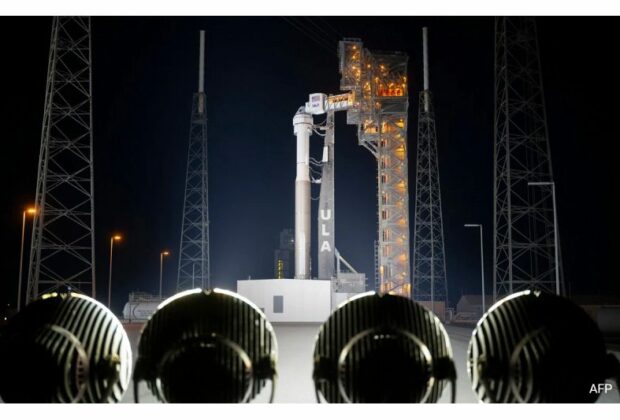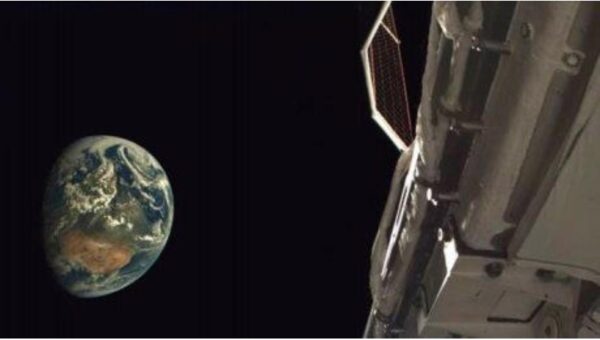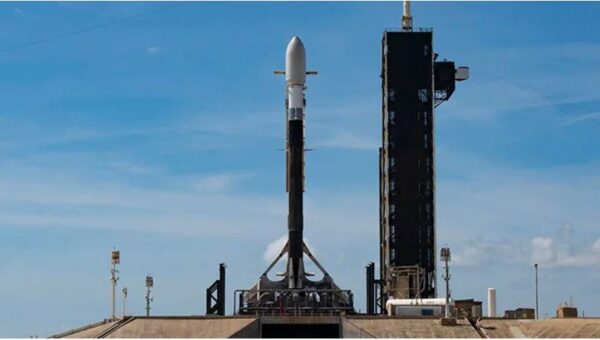After earlier technical issues postponed the takeoff, Boeing’s Starliner program is scheduled to launch its first crewed trip into space this coming weekend.
The important test flight was cleared by NASA and Boeing. It is scheduled to depart from Cape Canaveral Space Force Station, Florida, on Saturday at 12:25 p.m. local time. The goal of the first test flight is to deliver two NASA astronauts to the International Space Station (ISS).
The spacecraft, carrying astronauts Barry “Butch” Wilmore and Sunita Williams, will ascend to the top of United Launch Alliance’s (ULA) Atlas V rocket. A smooth launch would demonstrate that the program can send people to the International Space Station and back. NASA would give Boeing permission to conduct frequent flights.
This month’s flights have had to be postponed due to program issues.
May 6 was the planned takeoff date for the aircraft. A valve malfunction caused it to be scrubbed, an additional technical complication that prolonged the historic takeoff. An additional attempt was planned for May 17, but it was postponed due to a propellant leak and the requirement for additional testing.
Boeing announced on Wednesday that backup launch windows are open for Sunday, June 5 and 6, and Sunday.
The valve was changed, according to mission controllers last week, but the helium leak would not be fixed in time for the planned takeoff.
Steve Stich, manager of NASA’s Commercial Crew Program, told Agence France-Presse (AFP) that “we can handle this particular leak if that leak rate were to grow even up to 100 times.”
Prior to this, Wilmore and Williams were placed under quarantine in Houston as technical concerns were resolved. After returning to the Kennedy Space Center on Tuesday, they will remain under quarantine at the Neil A. Armstrong Operations and Checkout Building until Saturday’s launch, as per Boeing press release.
After a week at the International Space Station (ISS), the crew will return to Earth if all goes according to plan.
With the Starliner program, Boeing has been working for more than ten years to give NASA an additional means of sending people to the International Space Station. After the trip is over, Boeing plans to further up its competition with Elon Musk’s SpaceX, which has been delivering astronauts to the International Space Station (ISS) since 2020.








